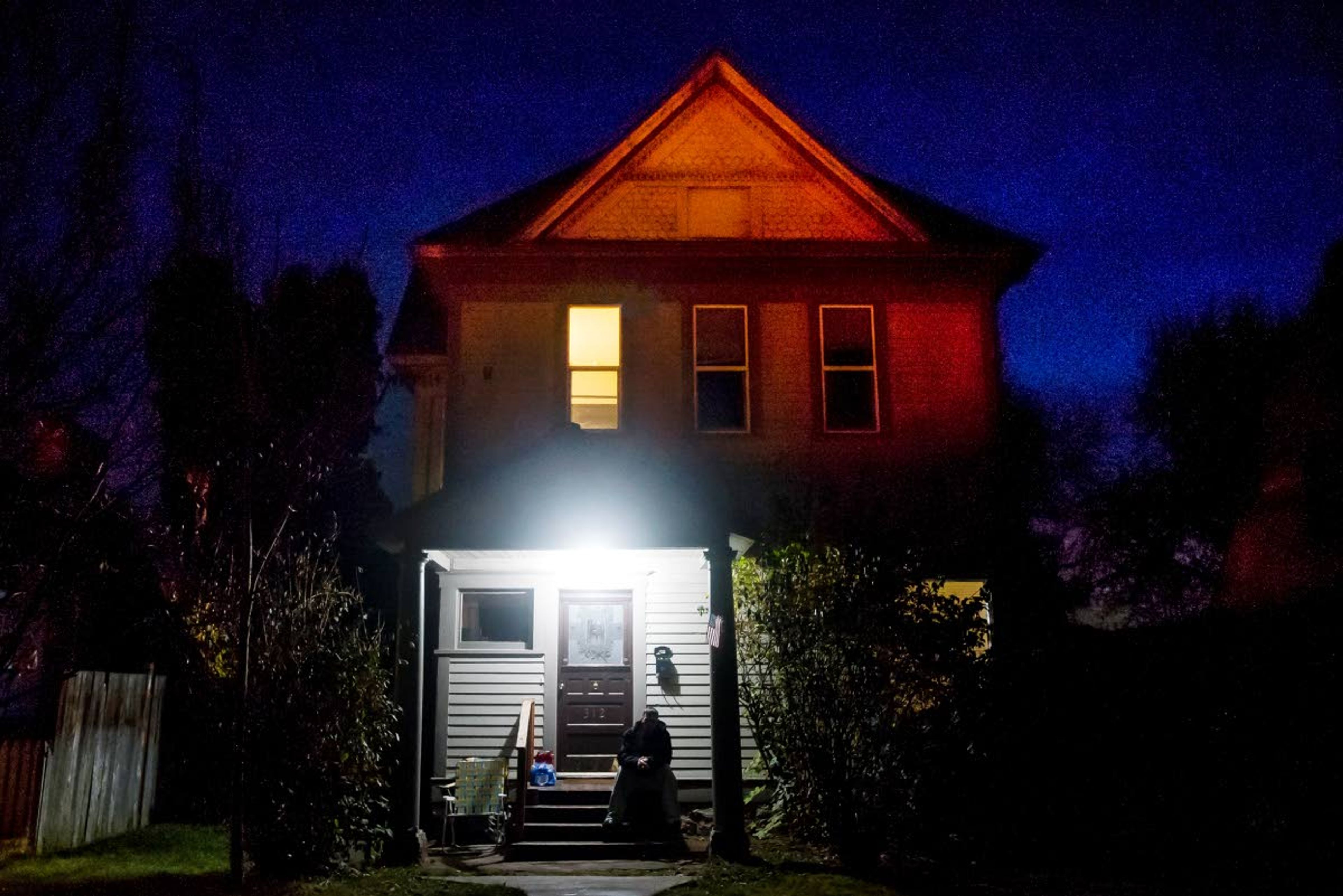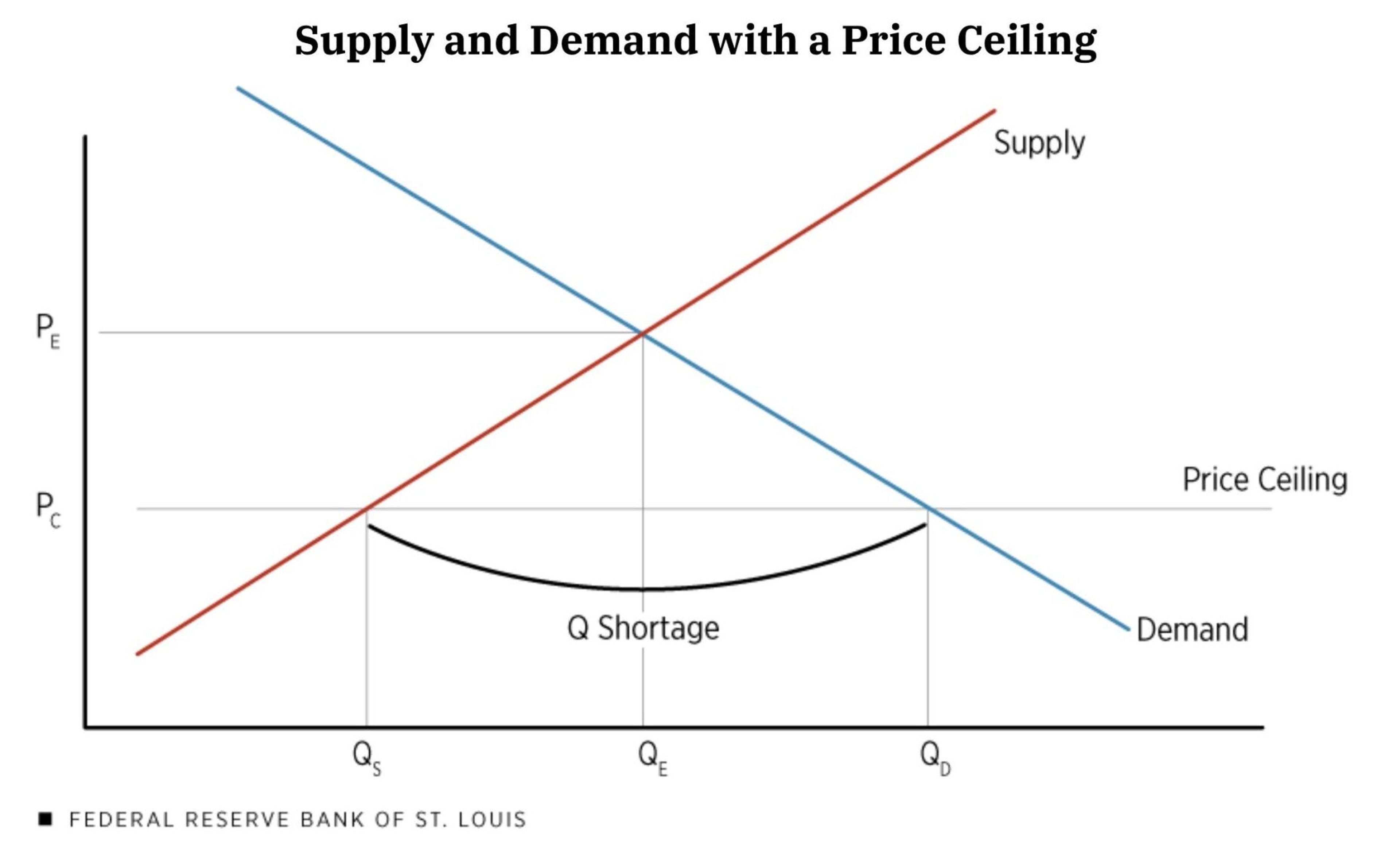Idaho housing options scarce — or nonexistent
Rural residents in poverty see biggest struggle
Editor's note: Today’s story, published Sunday in the Lewiston Tribune, is the first in a series planned over the coming months about housing issues in the region.
Affordable housing in rural areas is a problem everywhere in Idaho, but it’s even more acute if you’re a person on the margins.
People with mental illness, addictions, a felony record — even some senior citizens — are finding it hard to locate a home they can afford. For social workers and others who try to help them get settled, the situation is alarming.
“People in rural areas losing housing are migrating to Lewiston or Moscow, and I’m seeing this migration of folks that are hitting these walls, especially in rural areas,” said Steve Bonnar, executive director of Sojourners’ Alliance, a nonprofit organization in Moscow that offers shelter to people who are homeless or in transition.
“We’re seeing a lot of single-parent families popping up right now. It’s kind of frightening, actually. (We’re) seeing a lot of households experiencing threats of losing housing for the first time.”
According to the National Low Income Housing Coalition, there is a shortage of rental homes in Idaho that are affordable and available to extremely low-income households, whose incomes are at or below the poverty guideline of 30 percent of their area’s median income.
Many of these households, the coalition reports, are severely cost burdened and are more likely than other renters to sacrifice other necessities, like healthy food and health care, to pay the rent, and to experience unstable housing situations such as evictions.
Lisa Stoddard, director of the Area Agency on Aging in Lewiston, recently attended a housing round table that provided rental vacancy rates for all counties in Idaho.
“Normally, a healthy vacancy rate is about 5 percent, and over all the counties in north central Idaho the vacancy rate is below that for any kind of housing,” Stoddard said.
The highest vacancy housing rate in this area is in Idaho County, at 4 percent, as of the first of September. Stoddard said that translates into only four rental units available. The next highest vacancy rate is 2.8 percent in Latah County. Clearwater, Lewis and Nez Perce counties all have 0 percent vacancy rates.
“It was shocking to me, as we have affordable housing rentals that (Community Action Partnership) manages,” Stoddard said. “There are about 40 units and those have been full for about 12 to 18 months. There is literally no turnover because people can’t find other places. And if people move out, we have people waiting to move in.”
Stoddard said although this housing shortage touches senior citizens, she is not seeing many of them in particularly dire circumstances.
“But if you look at just across the region, the rental vacancy is so low that it is affecting everybody that is looking for housing,” she said.
“Affordable housing for anyone is a real challenge and a triple challenge when you have mental illness or substance abuse or are coming out of prison,” said Jim Rehder of Cottonwood, chairman of the Region 2 Behavioral Health Board.
Even if housing is available, some landlords don’t want to rent to people such as Rehder described.
“It’s a ‘not in my backyard’ situation,” Rehder said. “They don’t want people like that around. They think they’re a threat.”
Recently the Clearwater Economic Development Association obtained a grant through the U.S. Department of Agriculture to hold seminars examining the issue of affordable housing (see sidebar).
Bonnar helped coordinate the Moscow seminar that was held Thursday at the University Inn Best Western.
“From my side, what prompted this housing summit was an article that came out about four or five months ago talking about housing for people who are currently homeless,” Bonnar said.
“The article saw a massive reduction of chronically homeless in Salt Lake City, but (experts) are seeing households experiencing homelessness for the first time.
“If we don’t address these issues of affordable housing now, then in five or 10 years it will be more costly and difficult. My whole process is to address these issues now and try to get ahead of the curve before things get more challenging.”
Bonnar said the housing shortage is likely to continue to impact the growing population of senior citizens that are living on fixed incomes.
“What are they going to do if they’re renting? Are they going to be able to carry the cost of rent and just the basics, or are they going to need some subsidized housing?,” Bonnar said.
Even though there are housing units available at reduced costs or on a sliding rent scale, Bonnar said the waiting list for those places is long. People with disabilities who apply for federal Section 8 housing may wait 10 to 16 months before a unit becomes available, and people who don’t have disabilities will never be approved for those places.
“All of this is indicating there is an immense need for affordable housing,” Bonnar said.
Lisa Martin, manager of the 2nd District problem-solving courts — covering Latah, Nez Perce, Clearwater, Lewis and Idaho counties — said people just coming out of prison are especially stressed for housing and other resources.
“They don’t have work, so there’s no money there,” Martin said. “We do have some resources through the Department of Correction or Health and Welfare that we might be able to assist for two months to a year, depending on what court program they’re coming from.”
That includes providing vouchers for shelter homes such as the Iris Apartments in the Lewiston Orchards, where the monthly rent is about $450 for a studio apartment. Other options include Rising Sun Sober Living in Lewiston and Oxford House transitional housing in Lewiston and Clarkston that can help people for a limited amount of time to get back on their feet.
“Then we’ve got veterans (who have been recently incarcerated). There are housing vouchers through (Veterans Affairs) that we can get for veterans with very little income. They’ll typically qualify for a housing voucher … but that’s where you start getting into problems,” Martin said. “There’s not a lot of (Section 8 federal housing), or if there is, the vet may receive a voucher for $650, and the vet has to make up the difference.”
Despite these resources, some people are left out in the cold.
“We have people in the summer who will be living in a tent down by the river,” Martin said. “It’s not acceptable. We’re trying to teach them life skills, and a roof over your head is really important for you to succeed, just like food. Food, shelter — those are basic needs.”
Kathy Hedberg may be contacted at kathyhedberg@gmail.com or (208) 983-2326.








